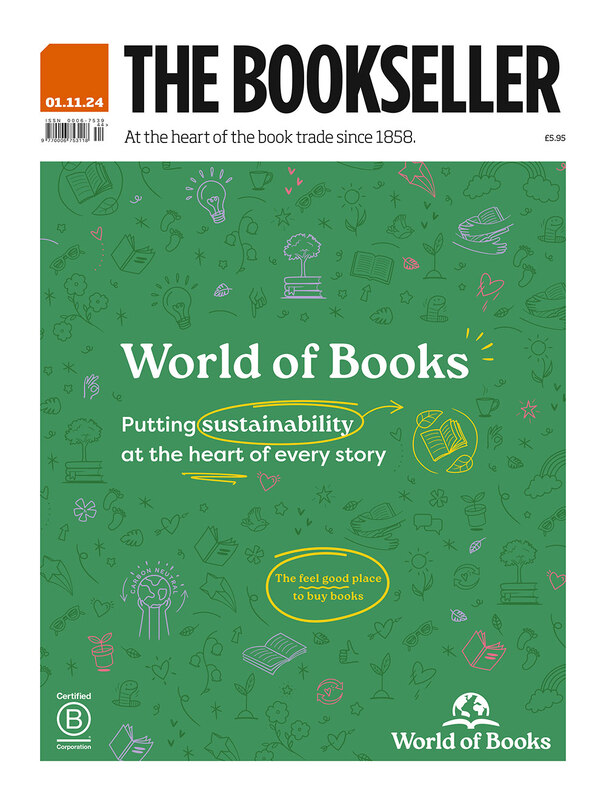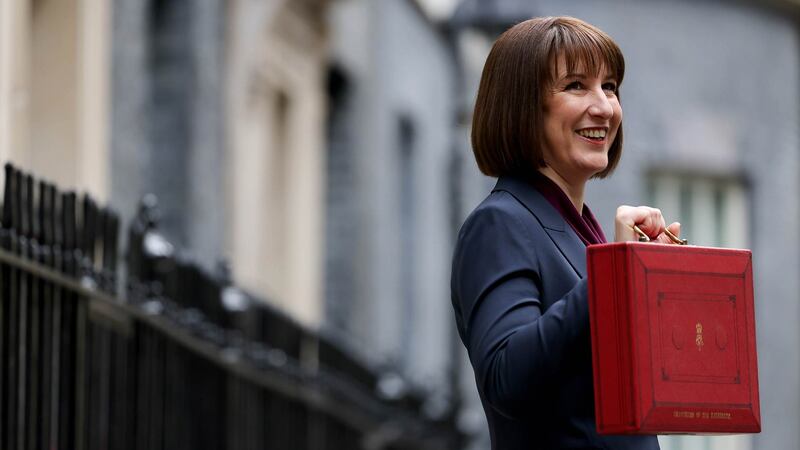You are viewing your 1 free article this month. Login to read more articles.
ALCS calls urgent meeting with Morgan as government stalls EU copyright law
The Society of Authors and the Authors' Licensing and Collecting Society have expressed disappointment at the government's decision not to implement an EU law on copyright, intended to ensure "a well-functioning marketplace for copyright".
The European Parliament had passed the EU's Directive on Copyright in the Digital Single Market, which sought to modernise copyright law for the digital age, in March last year. At the time, it was hailed "a victory for creators" and, as a member of the EU, the UK had two years to implement it.
However, when questioned over what will happen in wake of Brexit on 31st January, Chris Skidmore, minister of state at the Department for Education and the Department for Business, Energy & Industrial Strategy, said the government had no plans to implement the directive.
"The deadline for implementing the EU Copyright Directive is 7th June 2021. The United Kingdom will leave the European Union on 31st January 2020 and the Implementation Period will end on 31st December 2020. The government has committed not to extend the implementation period. Therefore, the United Kingdom will not be required to implement the directive, and the government has no plans to do so," he said. "Any future changes to the UK copyright framework will be considered as part of the usual domestic policy process."
Nicola Solomon, chief executive of the SoA, said the organisation was "very disappointed". With no desire for the UK to "reinvent the wheel", not least when the EU may "likely" require harmonious law in this area post-Brexit for trade, she vowed the SoA and other creators' organisations would continue to lobby for similar legislation in the UK.
"The directive includes many provisions which would see a more level playing field for authors when their work is used by platforms and publishers including provisions for transparency, fair pay and reversion of rights which are no longer being exploited. It includes checks on the activities of platforms which are vital to maintain privacy and the value of content," Solomon explained.
"Exports of published material are currently worth £2.9bn to the UK economy, with 36% of these exports going to Europe. It is vital that access to these markets is maintained after Brexit and that there are no additional barriers to trade.
"We believe that our European trading partners are likely to insist on us applying law analogous to the directive when negotiating trade deals in order to maintain and support that well-functioning marketplace. If we fail to enact it we risk losing important trade to the detriment of UK publishers and authors.
"The government supported the directive when it was originally passed and it would be fairer and less time-consuming to transpose it in full than to reinvent the wheel by considering copyright in isolation or applying different provisions piecemeal in different trade deals. We and other creators’ organisations will continue to press government to legislate for similar provisions in UK law."
ALCS, which said it had particularly welcomed the principle established by the legislation that authors should receive a proportionate share of the revenue generated by their works, called the news "very concerning" and it has requested an "urgent meeting to discuss the new approach taken by the government" with Secretary of State for Digital, Culture, Media & Sport Baroness Nicky Morgan.
Barbara Hayes, deputy chief executive of ALCS, also wrote to Baroness Morgan: "At a time when the UK creative industries are growing to unprecedented levels, we are also seeing a persistent decline in the earnings of professional authors, representing a real terms decrease of 42% since 2005. Chapter 3 of the directive includes the necessary means to redress this imbalance by placing a fairer value on creativity."


















